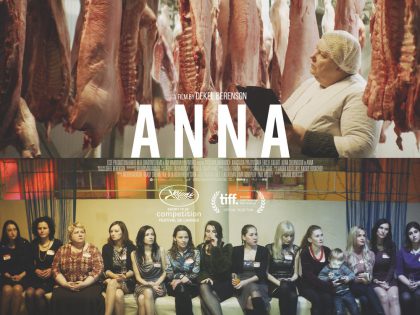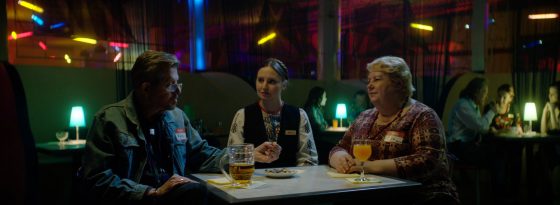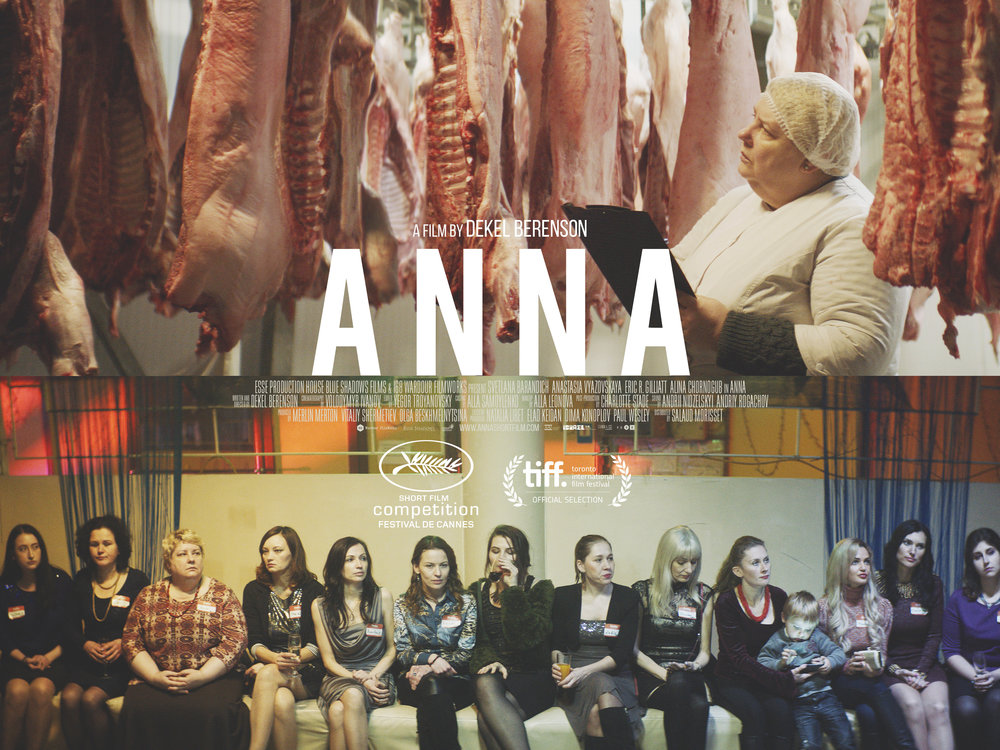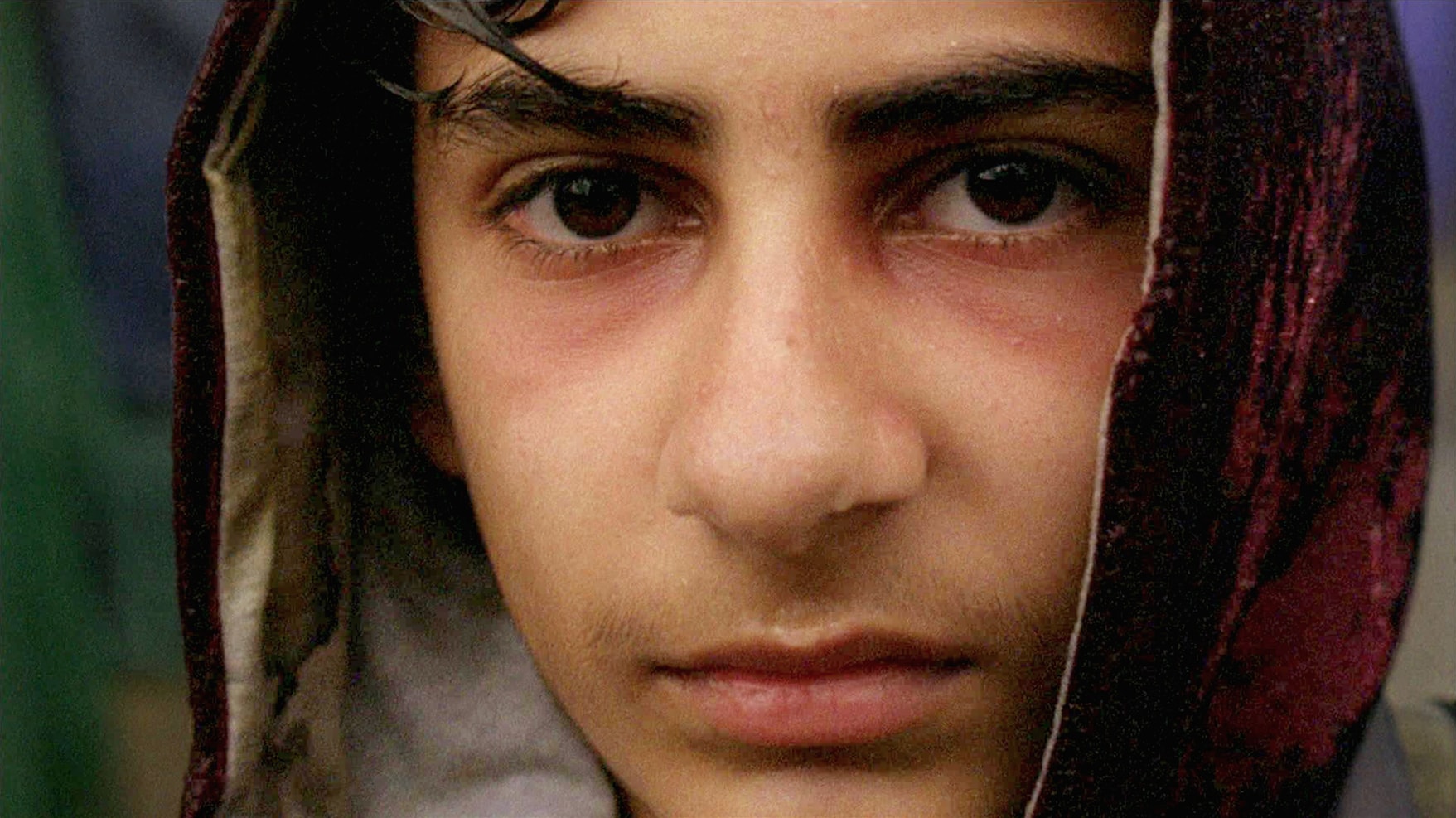Short film Anna exploring quite an interesting topic of Love Tours has been set to screen at Toronto International Film Festival. We had a pleasure of reviewing the film. (You can find it over here). The movie has received a great response from the audience as well as was part of Short Film Competition in Cannes Film Festival and recently a screening of Anna at the Toronto International Film Festival was confirmed. And now we also had a possibility to interview the Director of the film Dekel Berenson and explore how it all came to life.

Why have you decided to explore this topic in your film?
The “love tours” depicted in Anna are an important part of the Ukrainian culture, everybody knows about them and many women at one point or another either been to such a party or know someone who did. At the same time, they are not known outside of Ukraine. Many have heard about “Mail Order Brides” but not about these parties, which I find a fascinating subject to explore. I’ve been to Ukraine many years ago and had heard about them, which is why I returned to the country to capture their essence on film.
What were your emotions (or fi
The first reaction is, of course, that these parties are absolutely awful and a place where desperate men come to seek desperate women who would do anything to immigrate to another country, or that some if not most of these men are there on some kind of a sex tour. But digging deeper, it is not as simple. It is a more complex social situation, it is a story of loneliness, despair, and hope. I hope that I was able to convey that in my film.
What’s your take on this kind of relationship/love where all of it is profit-based?
On the surface, it’s profit-based and extremely cynical. Some of the men on these tours are, I’m sure, just trying to meet someone who they can have a “good time” with, for the duration of their stay in the country. But many of these men and women are disenfranchised and unlucky in their current situation and are sold a dream of a better life. On one side, the dream of life with an exciting partner from a different culture. On the other side – a dream of moving to a well off country. I know for a fact that some of the participants do find partners and do end up in long term relationships that last for many years, if not a lifetime. I was trying to objectively portray reality with all it’s complexities, although the film does have an allegorical image that equates these parties to a meat market. I was hoping for people to come out from watching the film with more questions, not answers, so they could make their own minds about the subject.
What adjustments has the project gone through from the first draft of the script until the finished short film?
Luckily there were not many changes. A lot of times a film is “saved” during editing, there are extra shooting days or a voiceover is added or something else is changed. But in the case of Anna, there were very few changes as the script was very solid, to begin with.

How rigorously did you stick to script while shooting?
The scenes themselves did not change. Some of the dialogue was adjusted while rehearsing because I like to let the actors say the lines that they feel most comfortable with. The written words always sound different once someone is performing them so it often needs adjusting. That’s why it’s always a good practice to also read your scripts and dialogues out loud. But when I find the cast, I let them change it if needed.
What was the hardest part for you when it came to bringing this project to life?
It’s always difficult to direct a film in a language that you don’t speak. There is so much meaning in the way that words are spoken and how sentences are said, and that is completely lost in translation. So it was hard working with the actors and ensure that my intentions and their performances were aligned, but I think we did a good job with it.
Cast and crew working on the project were very international. How was it working with people coming from different countries, cultures and believes?
I was considering having a young rebellious teen say, ironically, that she “likes the noise of crying babies”. My crew, coming from a traditional culture, didn’t understand the irony at all. They thought the character actually meant that she likes crying babies. So there were a lot of such moments when I realized that we were using the same words but speaking a completely different language. The local producers also wanted me to portray reality nicer than it is, and I wanted my film to be as authentic as possible, so we clashed about it. Afterward, when the film was ready, they told me that I was right about my choices. It was a challenge but one that I was happy to take and would have gladly repeat. The time that I spent in Ukraine working on Anna, and before that in Nepal working on Ashmina, was some of the best time of my life as I was challenging myself in every way and I got to make many new friends on the way. I’m lucky and privileged to have had this opportunity and humbled to have had the opportunity to screen the film in Cannes.
___________________________________________________________________________________
Have a look at some of our previous posts:
Interview with Elizabeth Hogenson director of animation Dani
Review – Hank – Short film exploring open relationship




